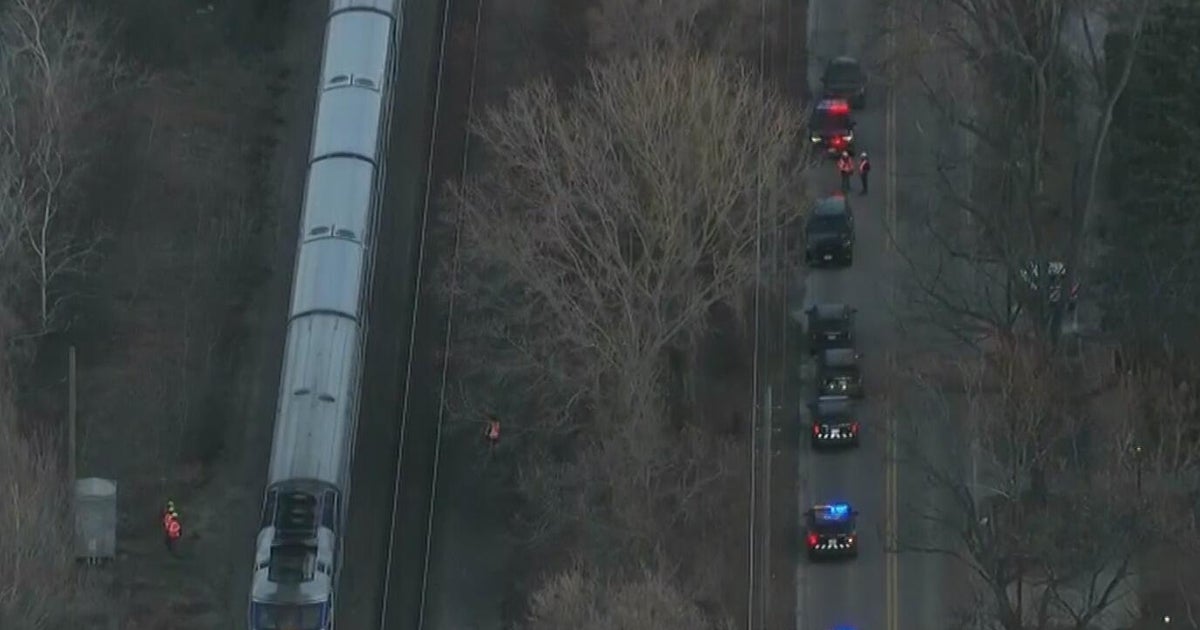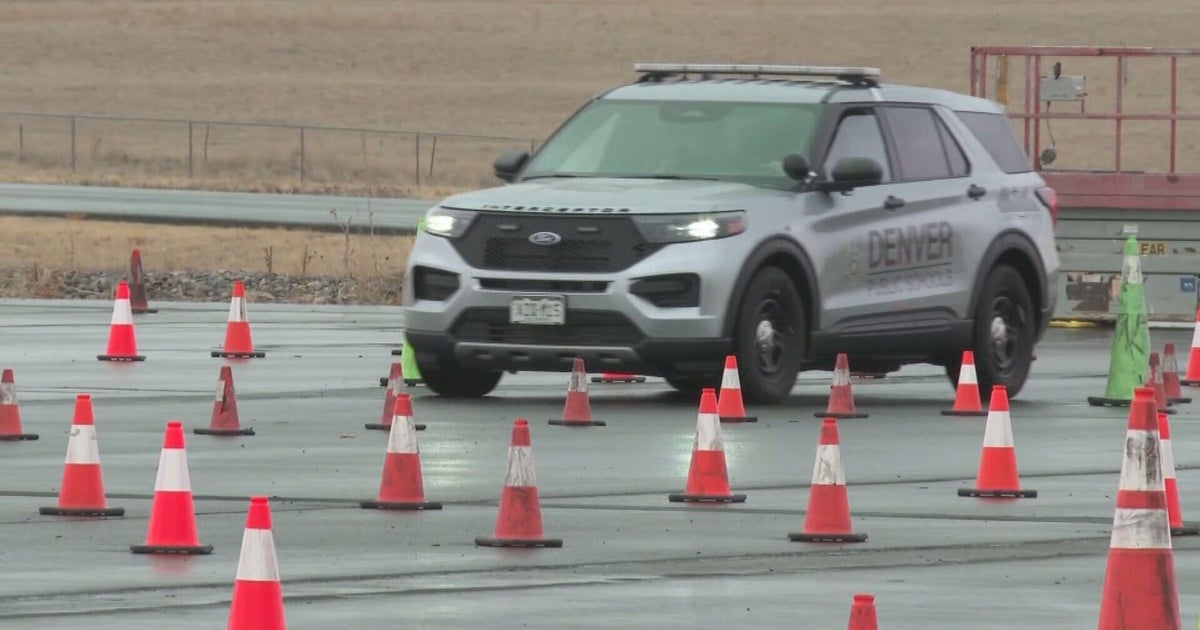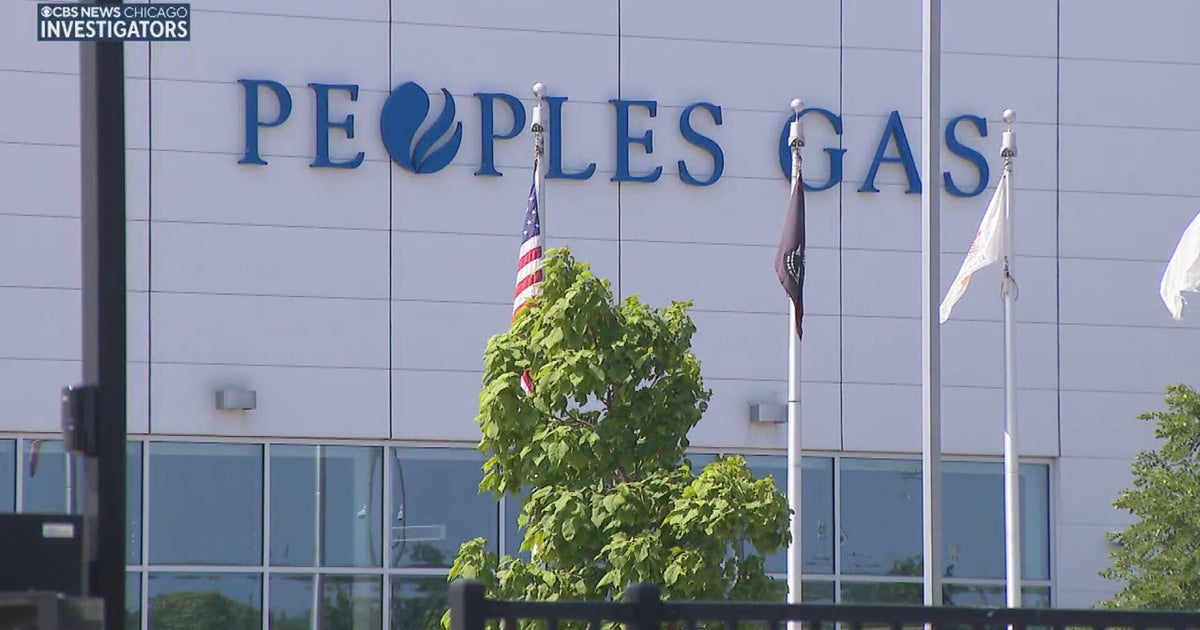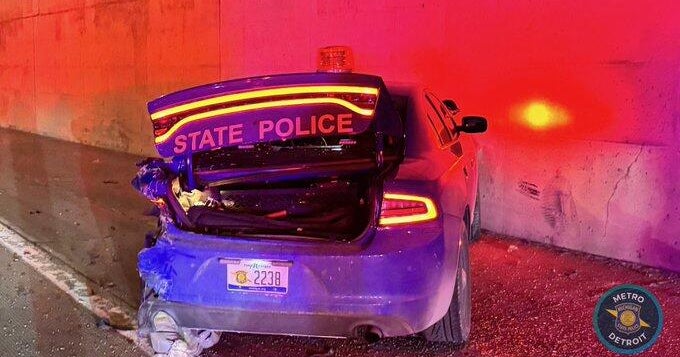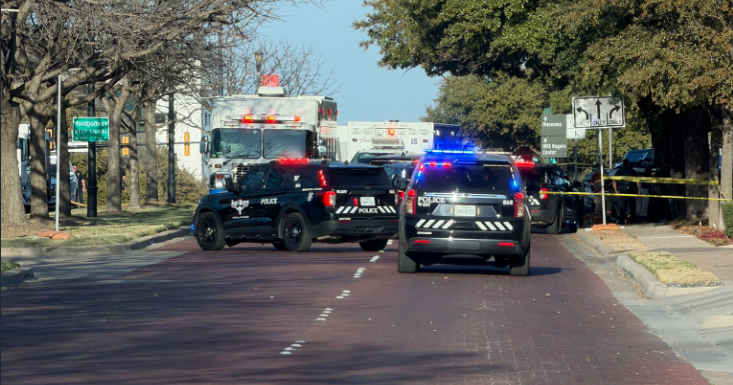State Investigator On Racing Trains: 'Is It Really Worth The Risk?'
CHICAGO (CBS) -- A series of pedestrians and vehicles have been hit in recent weeks by Metra trains, more often than not with deadly consequences.
The state investigator who is assigned to most such accidents says most are perfectly avoidable.
"That train's not jumping off the track to try to strike people," said Illinois Commerce Commission (ICC) investigator Chip Pew.
Most Train Accidents Avoidable
Some of the victims are suicidal, such as the high-profile death in April 2010 of then-Metra Executive Director Phil Pagano, but Pew said it is usually a tragic miscalculation for the rest. He said some who are struck fail to see an express train following a local train on a second track, or are off schedule and don't realize a train won't stop.
"The 8 o'clock train that normally is stopping is now actually maybe a 7:58 train that is not stopping," Pew said. "In some cases, (someone) may violate the signs and the signals that are there telling them that the train's approaching and they shouldn't cross but because they think that train is going to stop, as it always does at 8 o'clock in the morning, they've now run straight into the path of an approaching train, and a tragedy occurs."
Pew said he would like to confront those who tempt fate with a couple of blunt questions.
"If something happened to you, are you prepared, is your family prepared, to continue life without you? Is it really worth the risk? Because trains are unforgiving," he said.
Pew takes the safety issue so seriously that he doubles as the Illinois director of Operation Lifesaver, a railroad industry-sponsored group that preaches the safety message nationwide, including 150 presenters in Illinois (one of whom is WBBM's Dr. Barry Kaufman) who addressed more than 300,000 people last year at 3,500 locations.
One statistic Pew likes to cite is the inability of the human eye to properly judge the speed at which a train is approaching a crossing. He said a train bearing down at 70 miles an hour looks to most little different from the train moving at 10 miles an hour.
In either event, Pew said, crossing bells are only intended by federal law to give 20 seconds of warning time -- far too little time to allow someone to make a safe crossing.
ICC statistics show that last year, 63 people died from all forms of accidents involving trains in Illinois -- pedestrian, vehicle, at crossings or while trespassing away from crossings. That was down from the 2011 total of 68. The 25 incidents so far this year, through last Wednesday, had left eight people dead and five injured, including an 11-year-old boy who lost a foot.
An ICC statistician told WBBM the totals this year are not out of line with years past, although perhaps more visible because of the circumstances surrounding several of the cases. In one high-profile case, a man begged his wife to remain in their car as a train approached, but she bolted from the car to try to run to the daycare center where she worked, only to be struck and killed by a fast-moving express train.
Pew calls those who make such decisions "selfish" for a number of reasons, but in part because of the anxiety that will afflict those who witness people being hit and close calls, and because of the toll on train engineers.
He said the majority of engineers who have been in service for 10 years have struck something or someone that should not have been in front of them, and said operating a train calls for constant judgment calls.
"The crews have to make conscious decisions," he said. "Is this person going to 100 percent try to beat this train? If they had to apply the brakes for every time a person might engage in some sort of risky behavior, maybe that train would barely move."
He said Metra and the area's freight railroads all provide counseling to crew members whose trains have been involved in accidents, but said not all can recover, and compares the lingering mental effects to post-traumatic stress disorder sustained in combat.
"There are cases in which conductors and engineers who have struck somebody, whether it was an international act (suicide) or an accident, what have you, it's so traumatic that they cannot return to work," he said. "Their lives have been changed forever just as the life has been changed for the person who is no longer here or their family."
Pew wants tougher enforcement and fines for those who cross against signals or trespass on railroad property. Illinois state law provides for fines of up to $500 for crossing when gates and flashers are operating, and said when enforcement is done, it is usually accompanied by a drop in risky behavior.
He said the tickets enrage some, but said they should be accompanied by a reminder that most who are struck by trains don't live to tell about it.
"You don't get a second chance," he said.
